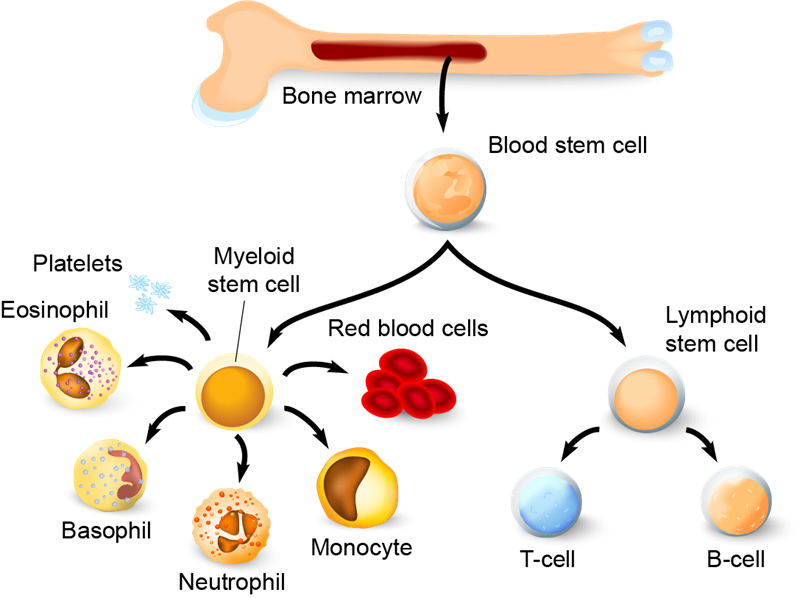Japan's foremost medical institute purchases multiple HoloMonitor instruments
Japan's foremost medical research institute, The Institute of Medical Science at University of Tokyo, recently purchased two HoloMonitor M4.5 instruments for a total list price of €75 000, excluding discount. Together with RIKEN and Kyoto University, the institute spearheads Japan’s national effort to become the undisputed leader of regenerative medicine in the world.
All specialized cells in our bodies (e.g. muscle, blood and brain cells) originate from stem cells. Stem cells are unspecialized cells that under certain conditions transform into tissue- or organ-specific cells. Regenerative medicine aims to control and harness the power of stem cells to repair or replace diseased cells, tissues and organs. Cell therapies and regenerative medicine promise to treat and cure some of the most devastating and costly diseases in the world today.

Stem cells transform into specialized cells through a series of transformations.
The image show how blood stem cells develop into various types of blood cells.
Conventional drug development uses cultured cells to test a new drug before it is tested on humans. Regenerative medicine is radically different in that the cells themselves are the treatment. Traditional methods are ill-suited to study stem cells as they require the cells to be stained. The toxicity of these stains alters cell behavior and make transplantation impossible. HoloMonitor allows scientists to study how stem cells develop into specialized cells without using these toxic stains.
For additional information, please contact:
Peter Egelberg, VD
Tel: +46 703 19 42 74
E-mail: peter.egelberg@phiab.se
Web: www.phiab.se
This information is information that Phase Holographic Imaging is obliged to make public pursuant to the EU Market Abuse Regulation. The information was submitted for publication, through the agency of the contact person set out above, at January 3, 2017.
Phase Holographic Imaging (PHI) leads the ground-breaking development of time-lapse cytometry instrumentation and software. With the first instrument introduced in 2011, the company today offers a range of products for long-term quantitative analysis of living cell dynamics that circumvent the drawbacks of traditional methods requiring toxic stains. Headquartered in Lund, Sweden, PHI trades through a network of international distributors. Committed to promoting the science and practice of time-lapse cytometry, PHI is actively expanding its customer base and scientific collaborations in cancer research, inflammatory and autoimmune diseases, stem cell biology, gene therapy, regenerative medicine and toxicological studies.


